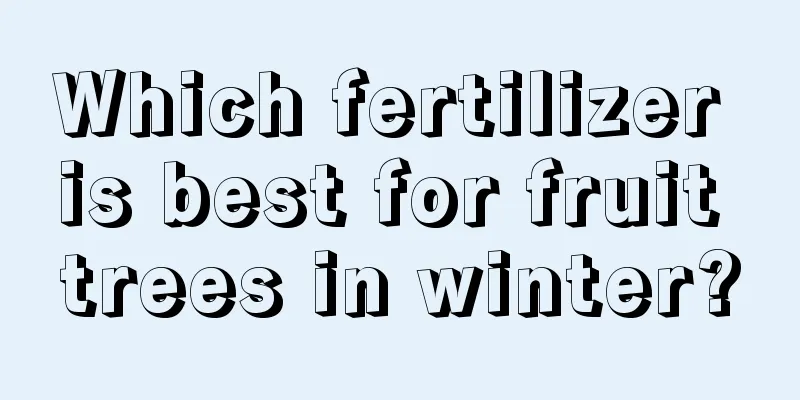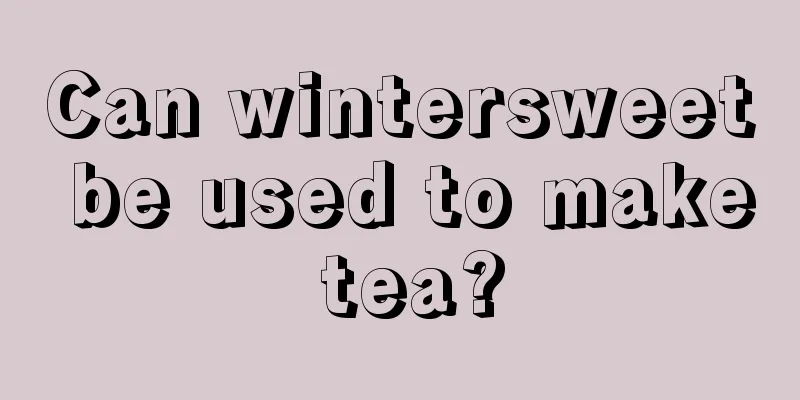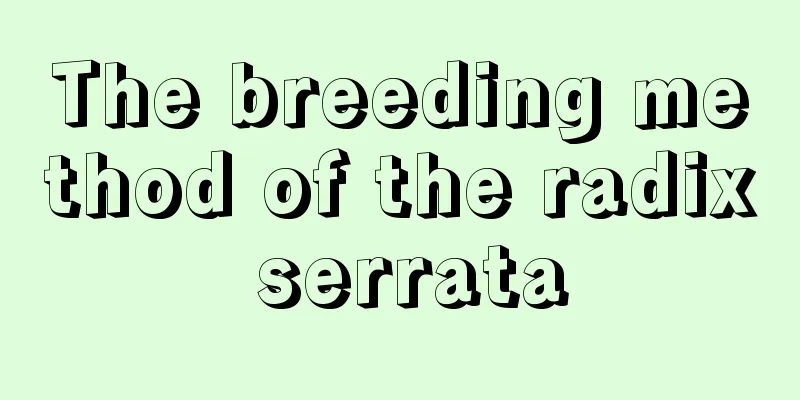Which fertilizer is best for fruit trees in winter?

|
When fertilizing fruit trees in winter, choosing appropriate fertilizers is very important for promoting the growth of fruit trees, enhancing their resistance to disease and drought, and increasing the fruit setting rate. Let’s learn together which type of fertilizer is best for applying to fruit trees in winter? 1. Organic fertilizer Including mature compost, manure, manure, green manure, crop straw, human feces, urine, chicken manure, etc. These fertilizers not only provide nutrition for fruit trees, but also increase and renew soil organic matter, promote microbial reproduction, and improve the physical and chemical properties and biological activity of the soil. 2. Inorganic fertilizer Including nitrogen, phosphorus and potassium compound fertilizers , which can provide more balanced and comprehensive nutritional supplements, achieve the effect of promoting root growth and quickly regulating the natural health of fruit trees. Generally, 30-50 kg of urea, 100-200 kg of superphosphate, and 50-100 kg of potassium sulfate are used per mu, and trace elements are supplemented as needed. 3. Biological fertilizer It contains a large number of beneficial microorganisms, which can improve the soil environment and enhance the disease resistance of fruit trees. The scientific use of bacterial fertilizer has the benefits of improving soil fertility, growing strong trees and producing high-quality fruits, and extending the economic life of trees. 4. Trace element fertilizer Although fruit trees do not require much trace elements, a lack of them can lead to problems such as poor growth and reduced yields. In winter, appropriate amounts of trace element fertilizers such as iron, zinc, boron, etc. can be applied. To sum up, it is recommended to use a combination of biological fertilizer, organic fertilizer and inorganic fertilizer for winter fertilization, which will have the best effect. Organic fertilizers can provide long-lasting nutrients, inorganic fertilizers can quickly replenish nutrients, and biological fertilizers and trace element fertilizers can help improve the soil environment and enhance the disease resistance of fruit trees. Such a combination can provide comprehensive nutrition for fruit trees, help them survive the winter safely, and lay a good foundation for their growth next year.
|
<<: Best time to fertilize pear trees in winter
>>: How to care for and water orchids in winter?
Recommend
Cultivation methods and maintenance matters of old rose piles
Cultivation method of old rose piles 1. Cleaning:...
An old lady grows green radish and drinks a bowl of vegetable water every 7 days. If she is not careful, it will grow to 2 meters!
When the vegetables are watered, green leaves spr...
When to plant ornamental rapeseed?
In addition to being edible and used to extract o...
Milan Jasmine... add some ingredients, 200 flowers will bloom and the fragrance will fill the sky!
Jasmine You may have discovered that after you bu...
What kind of soil is used for peacock balls
1. What soil to use Peacock balls are not very de...
How to breed the red flower jade and what to pay attention to
Reproduction method of red flower jade The main w...
Can water lilies be grown in sand?
Can water lilies be planted in sand? Water lilies...
When to sow cucumbers in the north
Cucumber sowing time in the north Northern cucumb...
How to plant Jade Dew through leaf cuttings
1. Choose the blade Before taking leaf cuttings, ...
How to dry persimmons at home? Why do they turn black?
1. How to dry persimmons 1. Selecting persimmons:...
How to cut leaves of white phoenix
Prepare the Materials The materials needed for le...
This kind of flower can be found everywhere, and it can be grown to be even more beautiful than the rose!
Crazy Duck Light Wave Series Light Wave Series Do...
When is the best time to repot the Weeping Guanyin? Repotting methods and precautions
Time to change the pot of the weeping angel The w...
What to do if the fuchsia buds fall off
In fact, bud dropping is not a big problem for yo...
Does Impatiens prefer sunlight or shade? Does it need sunlight when growing?
Does Impatiens prefer shade or sun? Impatiens is ...









